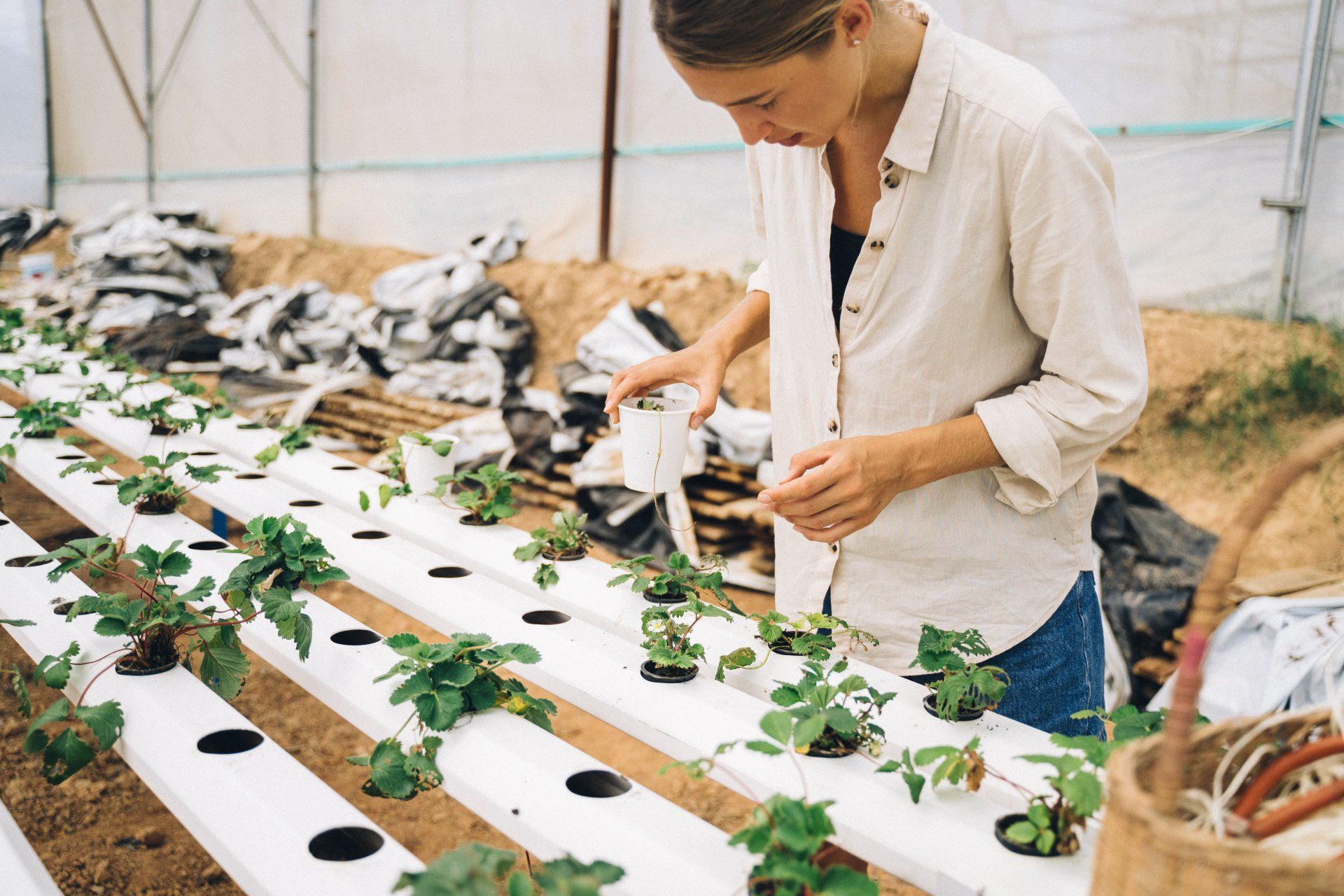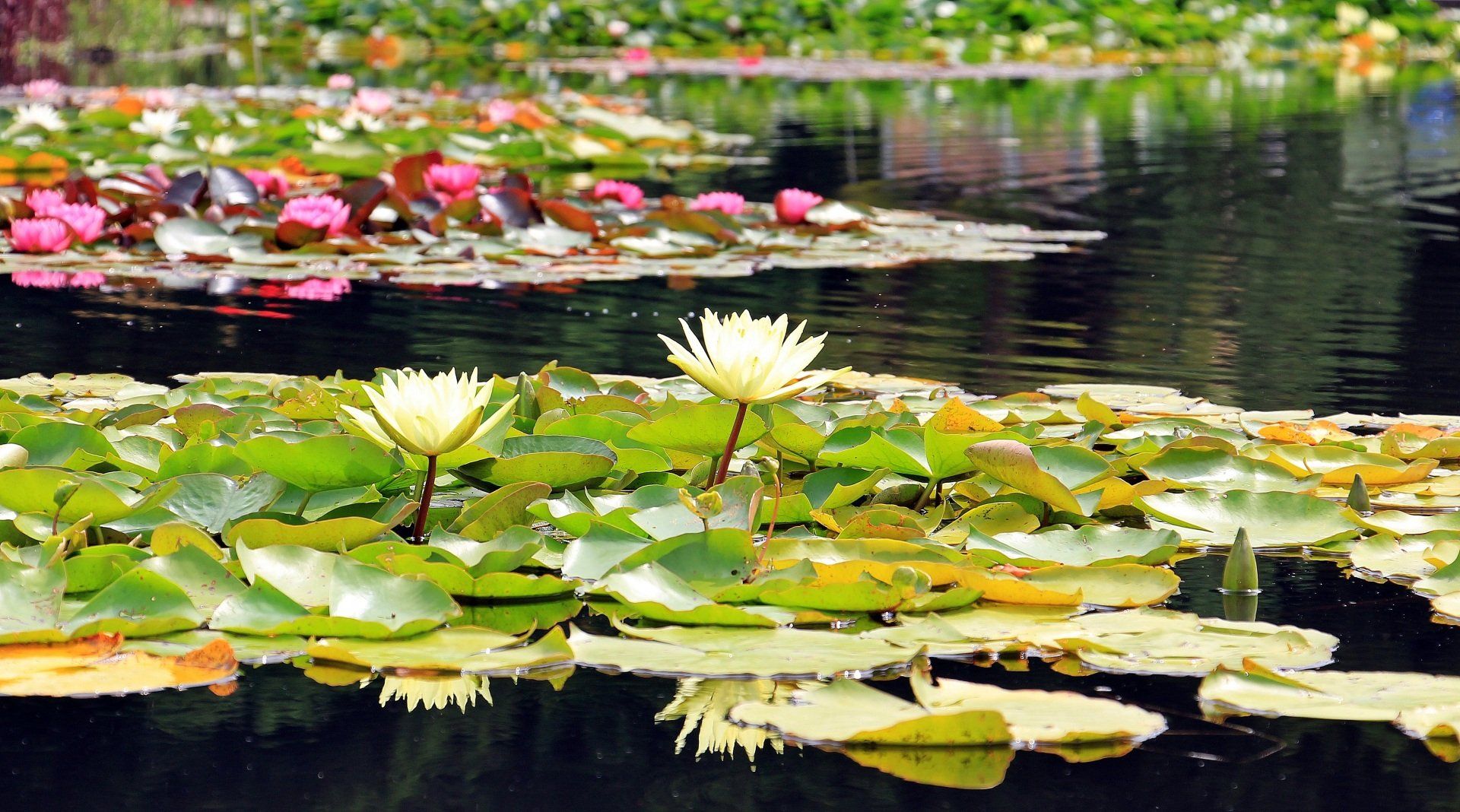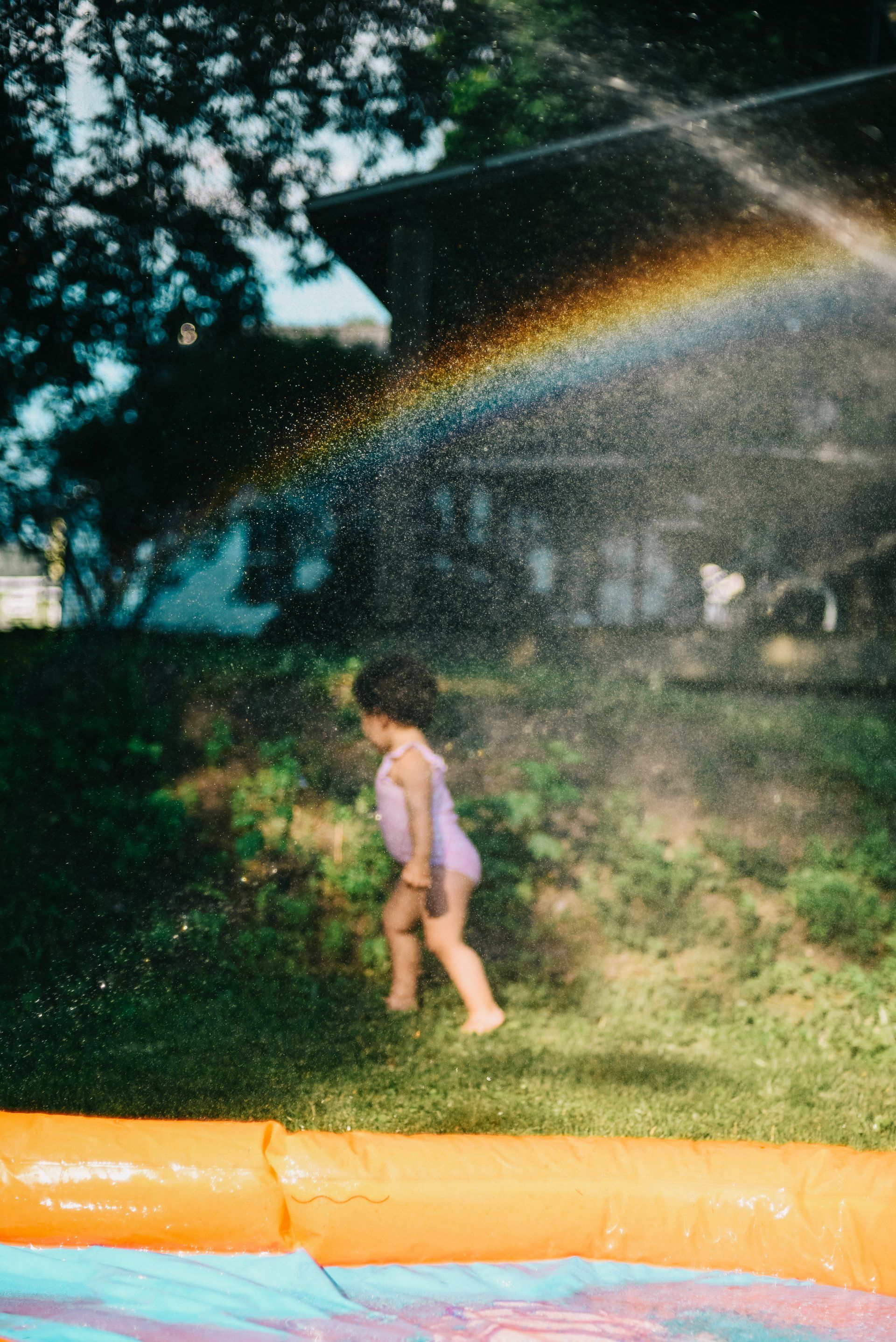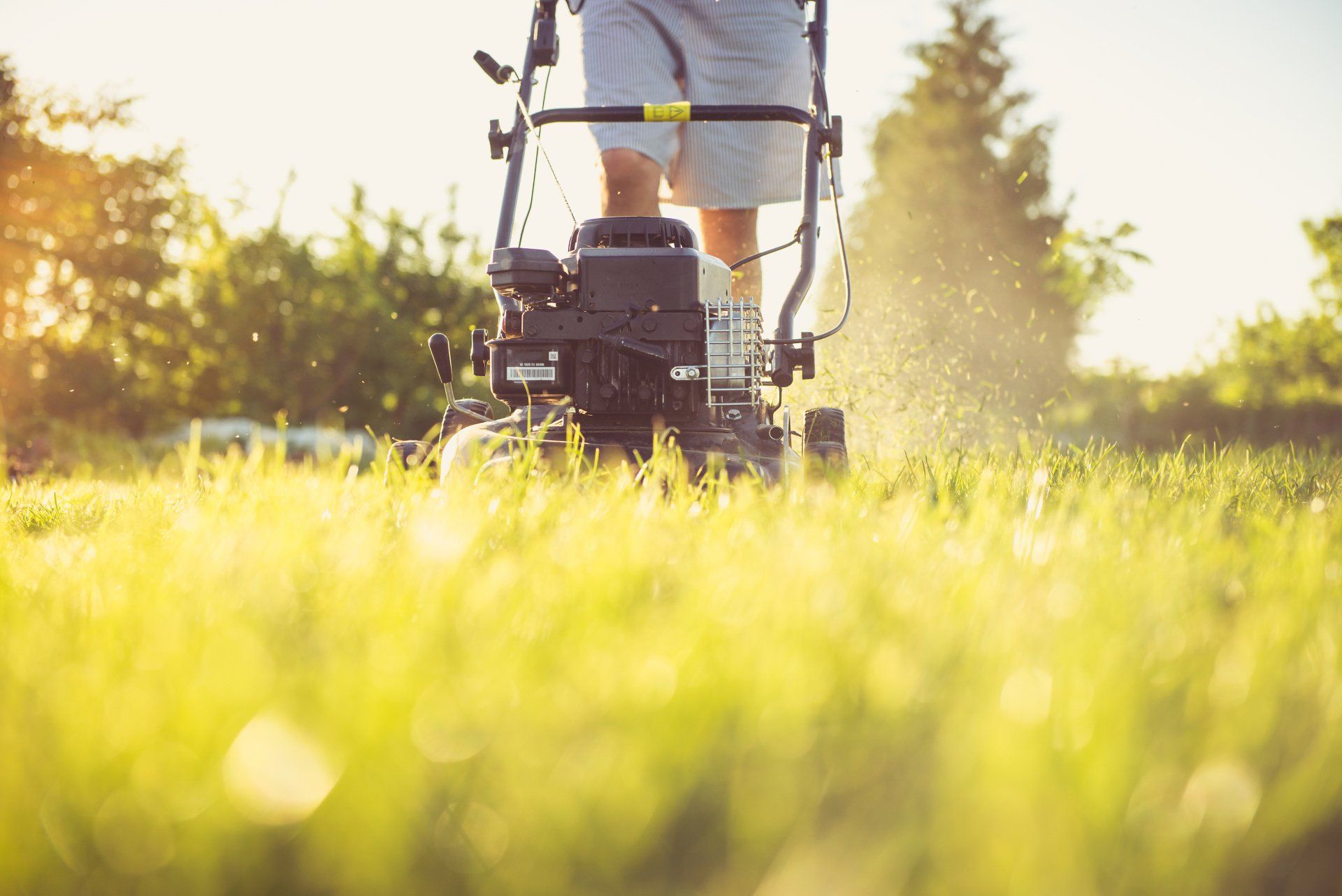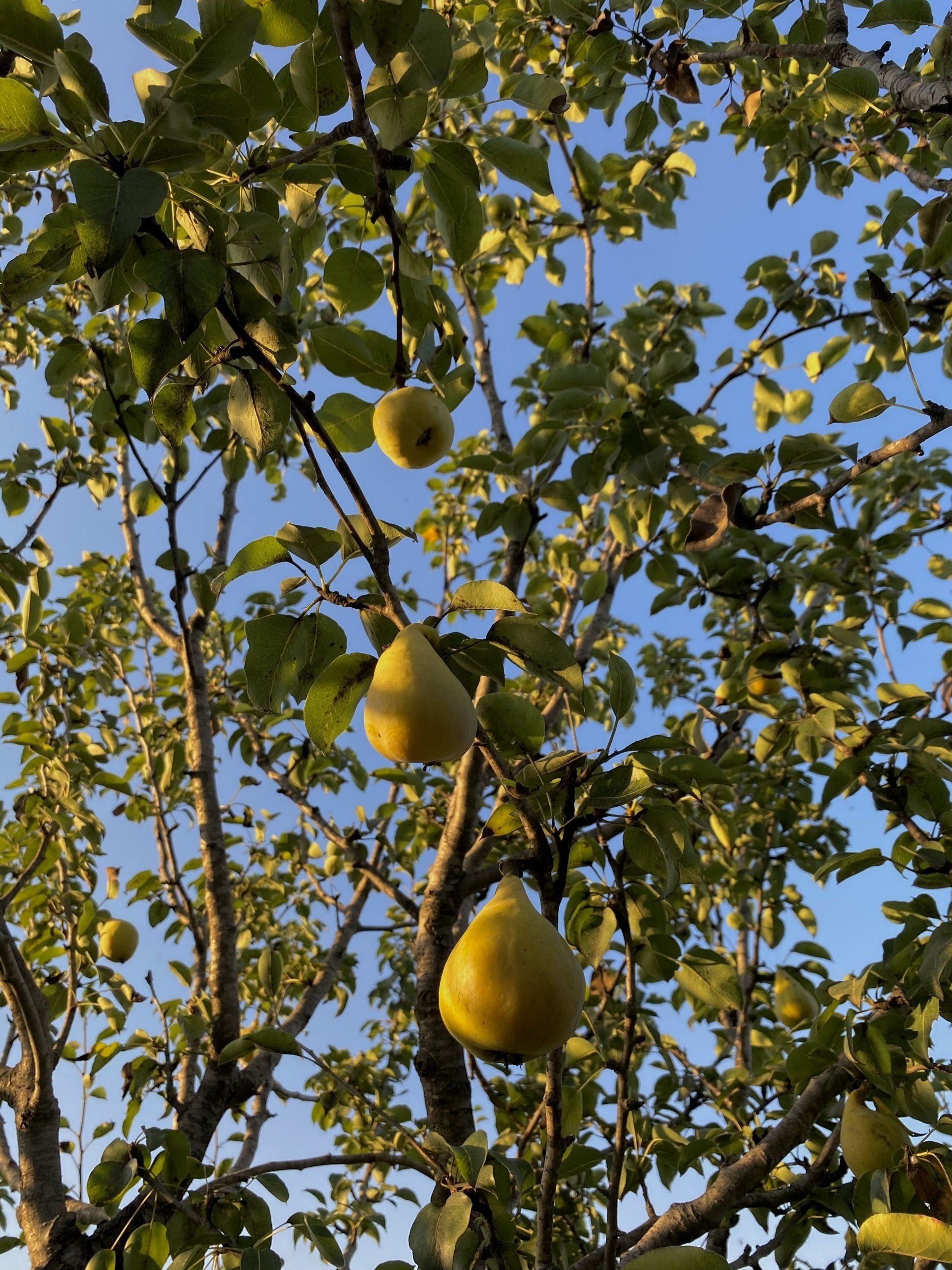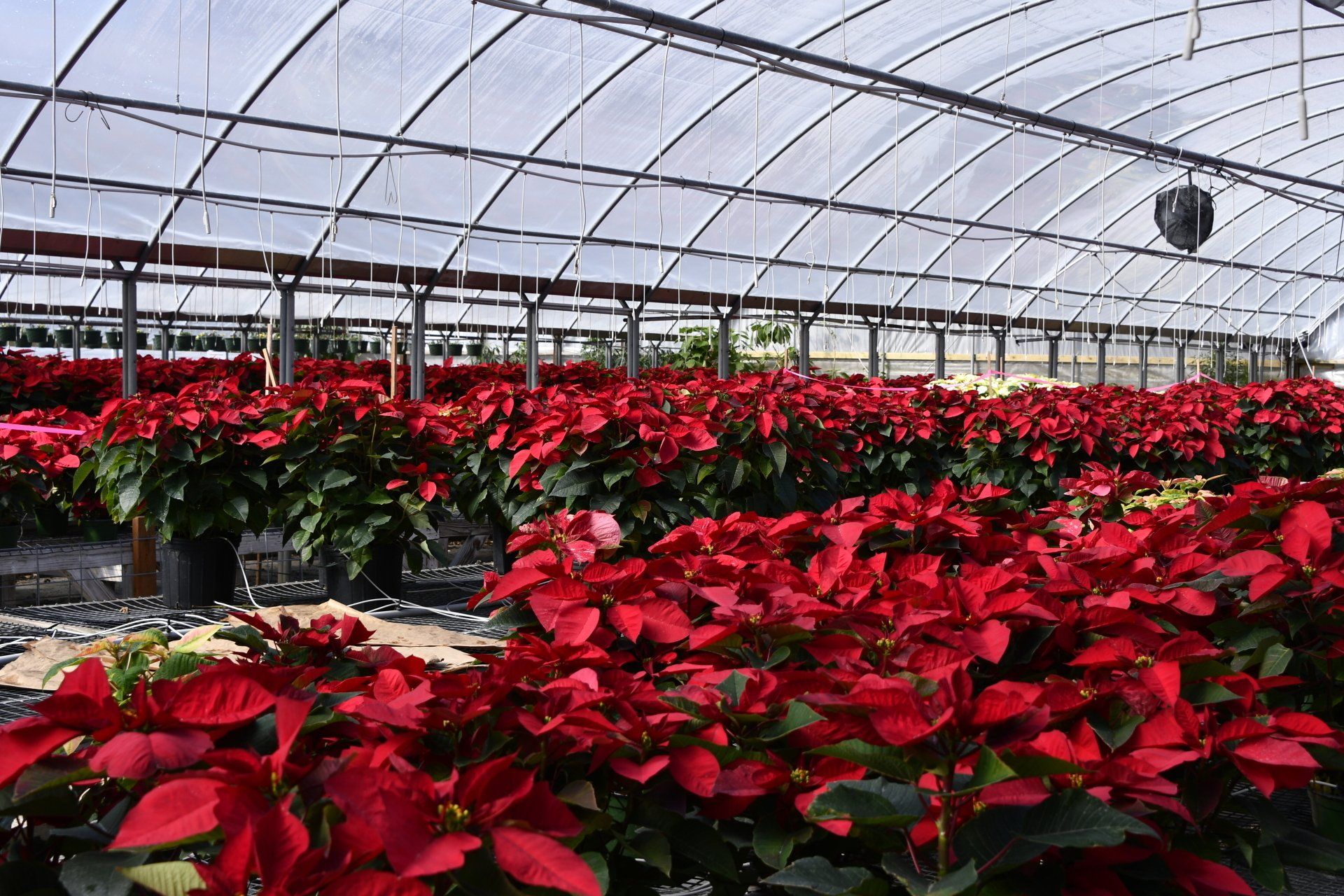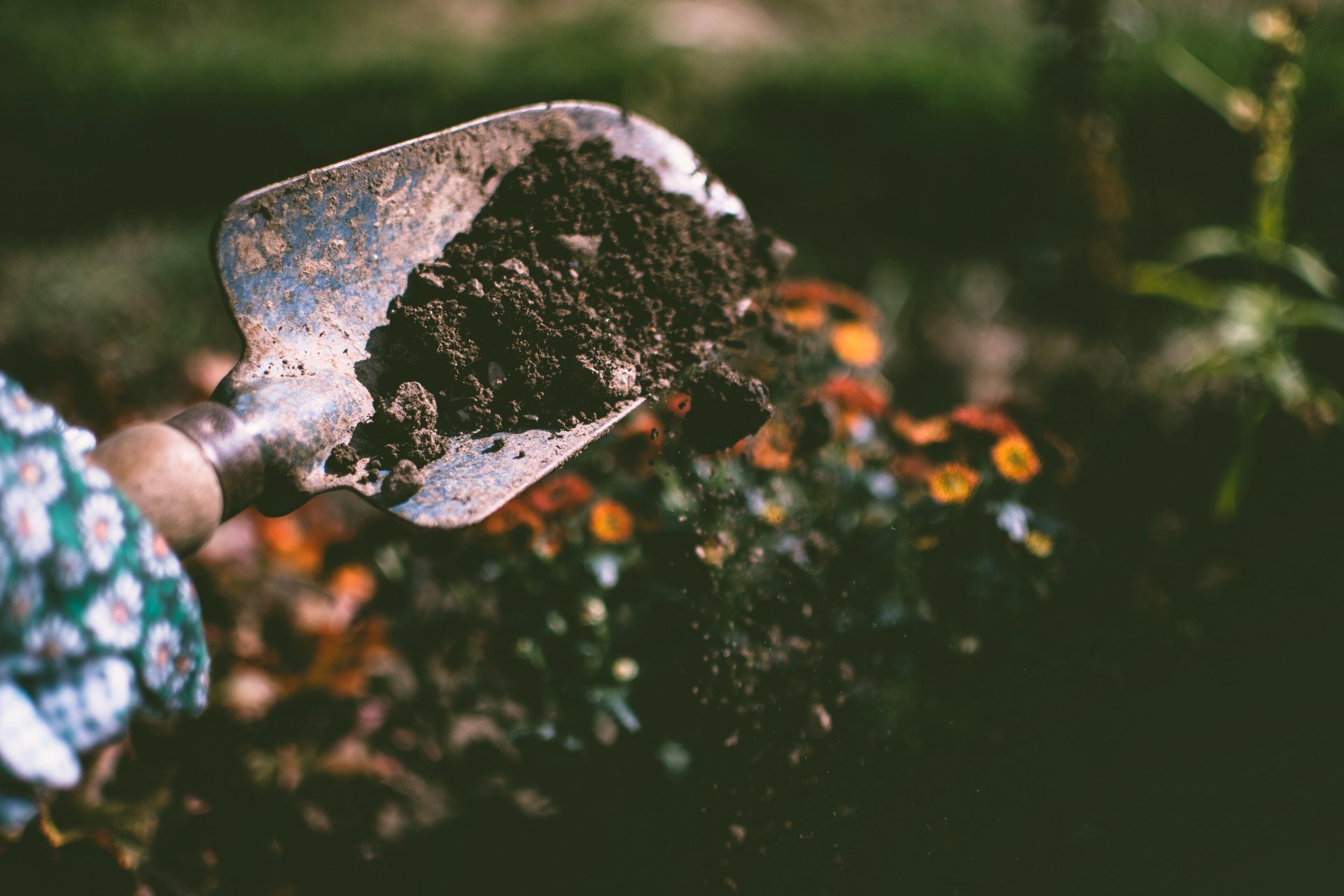Rain gutters are essential this fall season
October 24, 2022
Rain gutters are essential this fall season
What will you do if bad weather hits this fall? Gutters can be a simple upgrade that will direct rainwater away from the foundation. This is why it matters. What do gutters and downspouts do to make your home's water extraction system effective and attractive? Let's have a look.
Types and Downspouts and Gutters
Gutters come in a variety of styles and materials to fit your needs. You might be interested in these gutter options:
- Rain gutter shapes: You have two options for rain gutter designs. K-style rain gutters are the most popular. These have flat bottoms with a decorative contour on one side that mimics crown molding. The half-round version is best for keeping a traditional appearance on an older home. You can choose from square or round downspouts in a variety of sizes. There are also decorative spiral shapes.
- Rain gutter materials: You can make rain gutters from a variety of materials. Aluminum, copper, steel, and zinc are all options. Each type offers different benefits for homeowners.
- Gutterless rain-gutters: A gutterless system is an alternative to traditional gutter systems. Louvers are installed at the roof's edge and disperse water in a 2- to 3-foot-wide, soft, rain-sized band that is directed away from your house. Instead of eroding the landscape with heavy water, this sprinkles water on it.
- Seamless aluminum rain gutters: We install seamless aluminum rain gutters. These gutters have no seams at corners or downspout outlets. This option is attractive and less expensive than traditional rain gutters. It also reduces leaks and potential weak spots.
Rain gutters: How do they protect your home and yard?
Fall is a great season to install gutters so that you can reap the benefits even when it's rainy and cold outside. Here's how rain gutters can help you.
- Protect your siding. When rainwater runs down your siding, it leaves unsightly brown streaks, which make your home look dirty. The water running down your siding can eventually cause it to rot and mold. Your siding will be protected from excess moisture by having its water directed to downspouts by gutters.
- Prevent basement flooding and foundation damage by preventing water from flowing directly onto the ground. The soil expands and presses against the foundation walls. If this happens, water can seep into the basement. Install rain gutters to avoid this expensive headache.
- Reducing soil erosion is essential to preserve the structural integrity and strength of your home. The ground should slope away from the foundation. Without gutters on your roof, rainwater can erode the soil and cause a change in the slope. This could increase the risk of basement flooding. You can also lose your yard to soil erosion, which will drown any plants near the foundation.
- Collect rainwater for your gardens: Rainwater can be directed from your roof to collect barrels and used in landscaping. Be aware that rainwater harvesting laws differ from one state to another, so be sure to check this first.
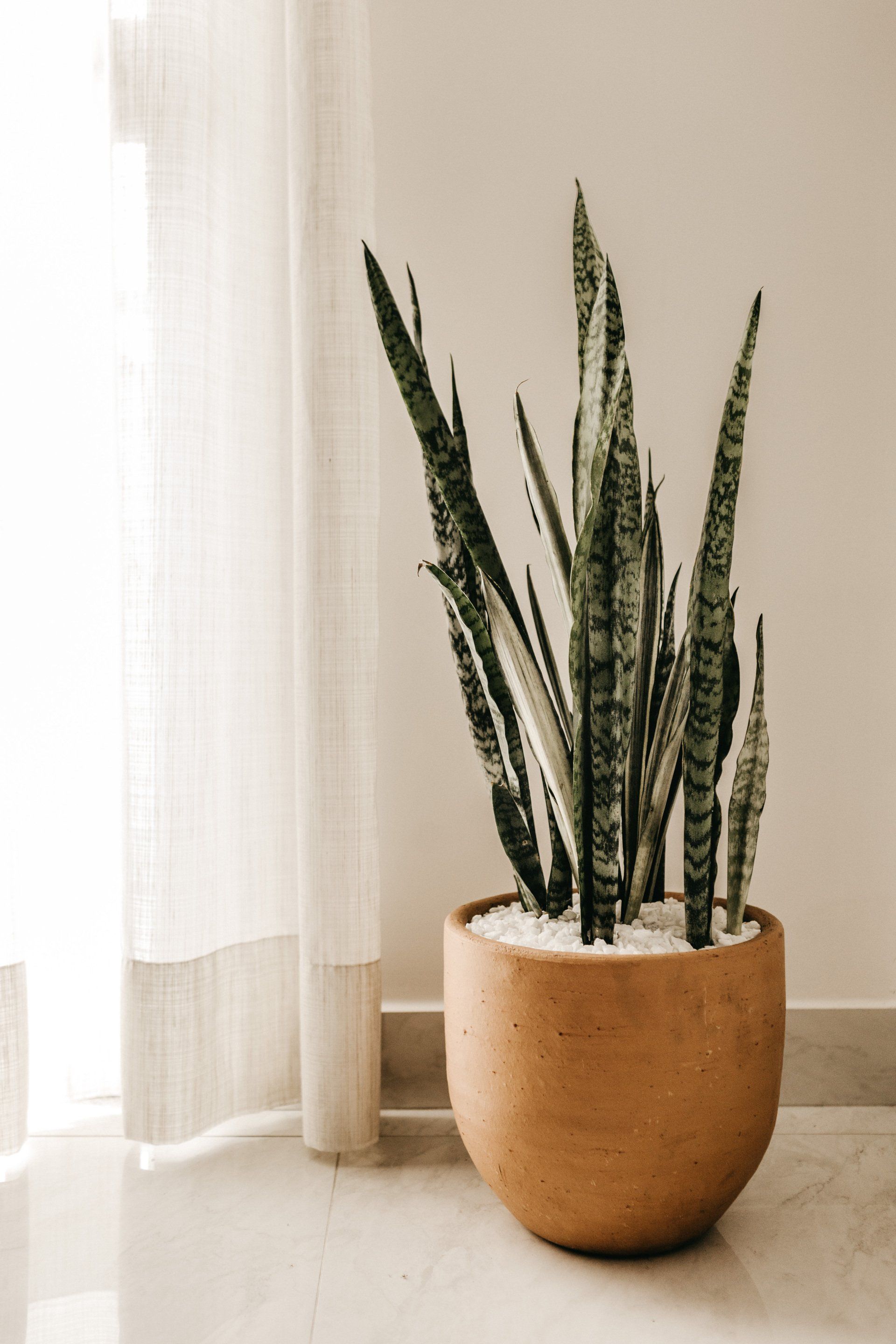
The summer heat is too much for a lot of plants to endure. They cease flowering, get burned, or lose their leaves and succumb to the scorching summer heat. If you're passionate about growing plants and aren't able to bear watching your plants suffer under the scorching heat, then bring them inside for cool air conditioning.
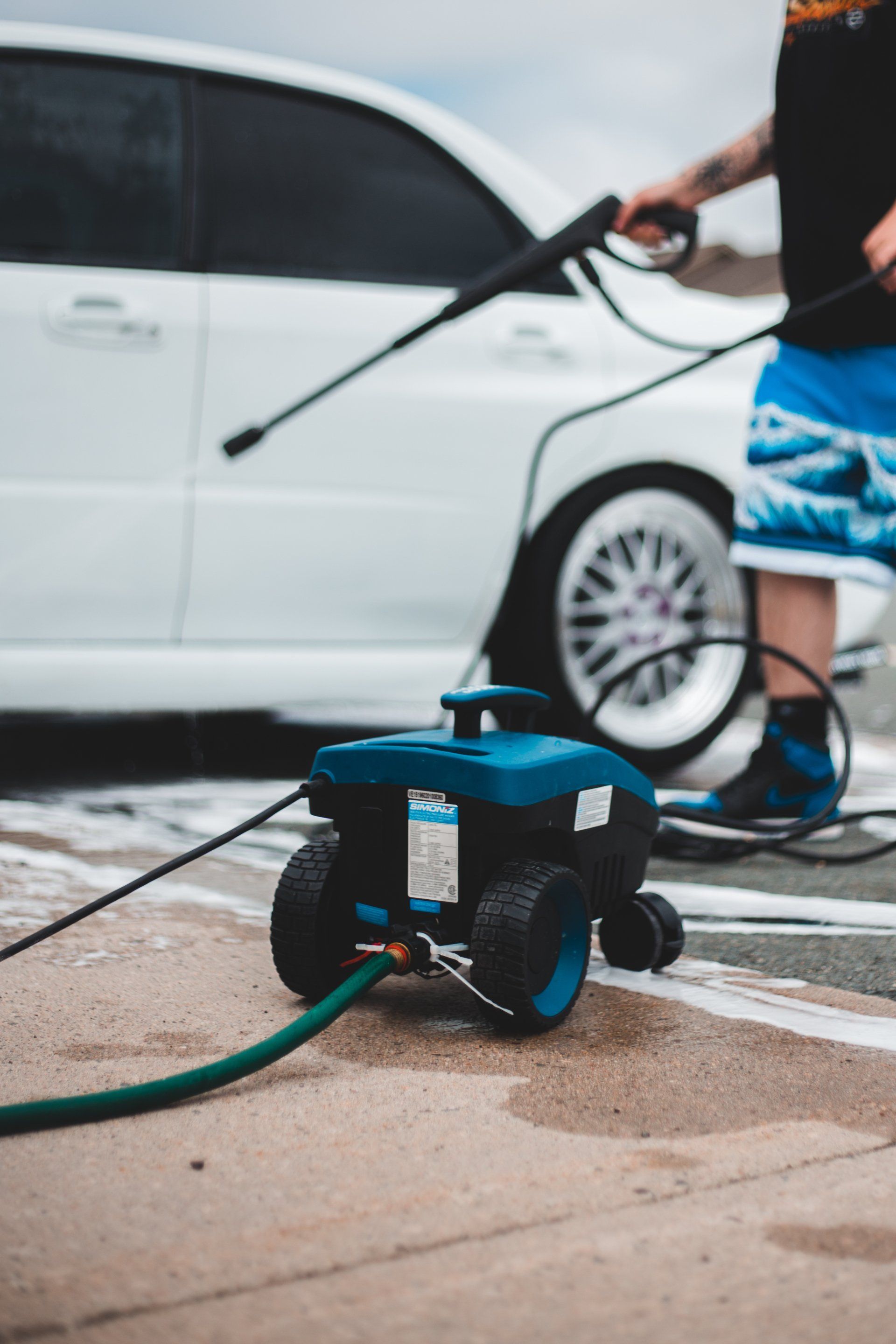
If you value curb appeal, then power washing without chemicals may be the answer to reveal the natural beauty of your home. Power washing can clean up your exterior as well as the hardscaping that surrounds it, including algae-stained roof shingles, cobwebs that are hidden under the eaves, to bird droppings that are deposited on the sidewalk.


